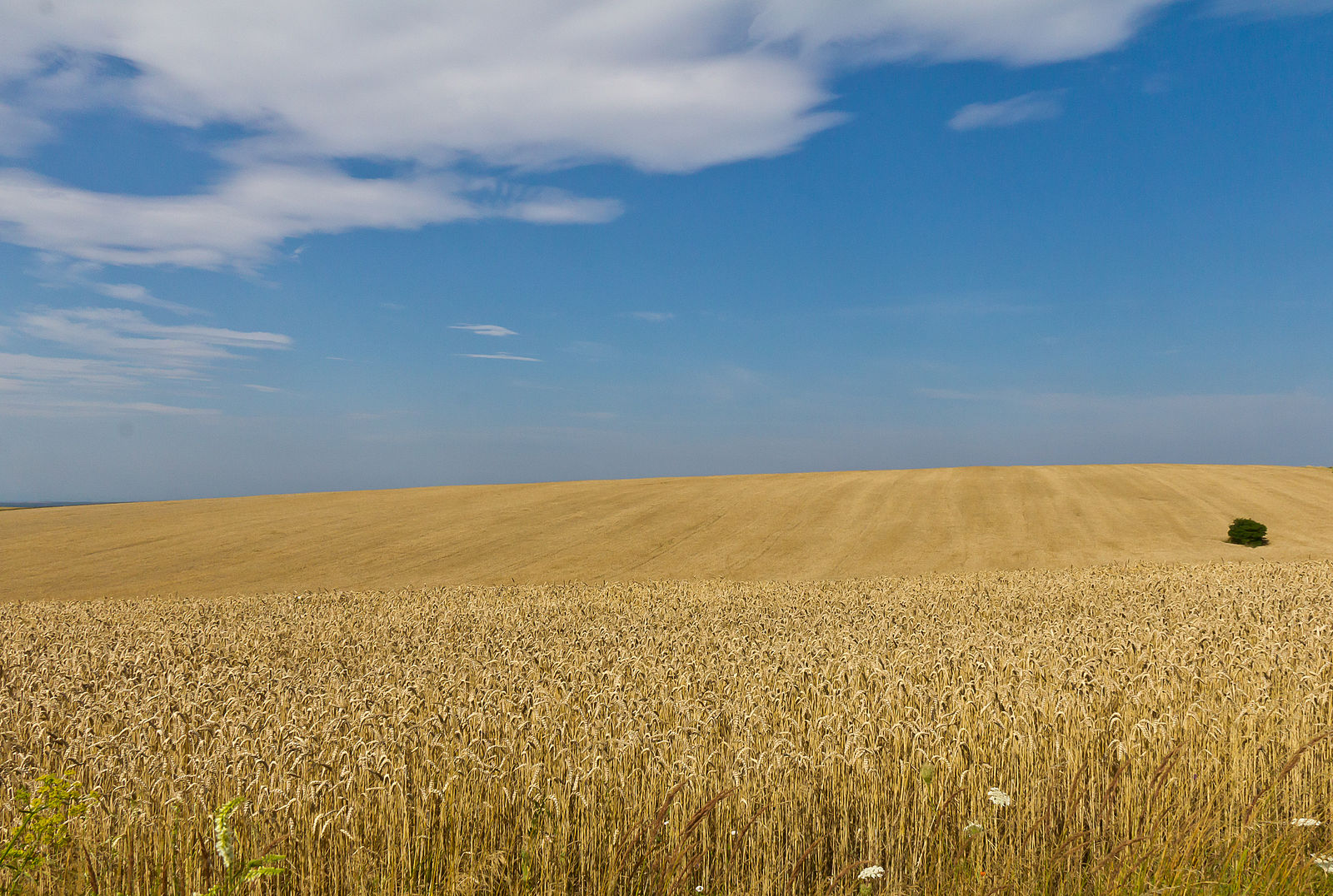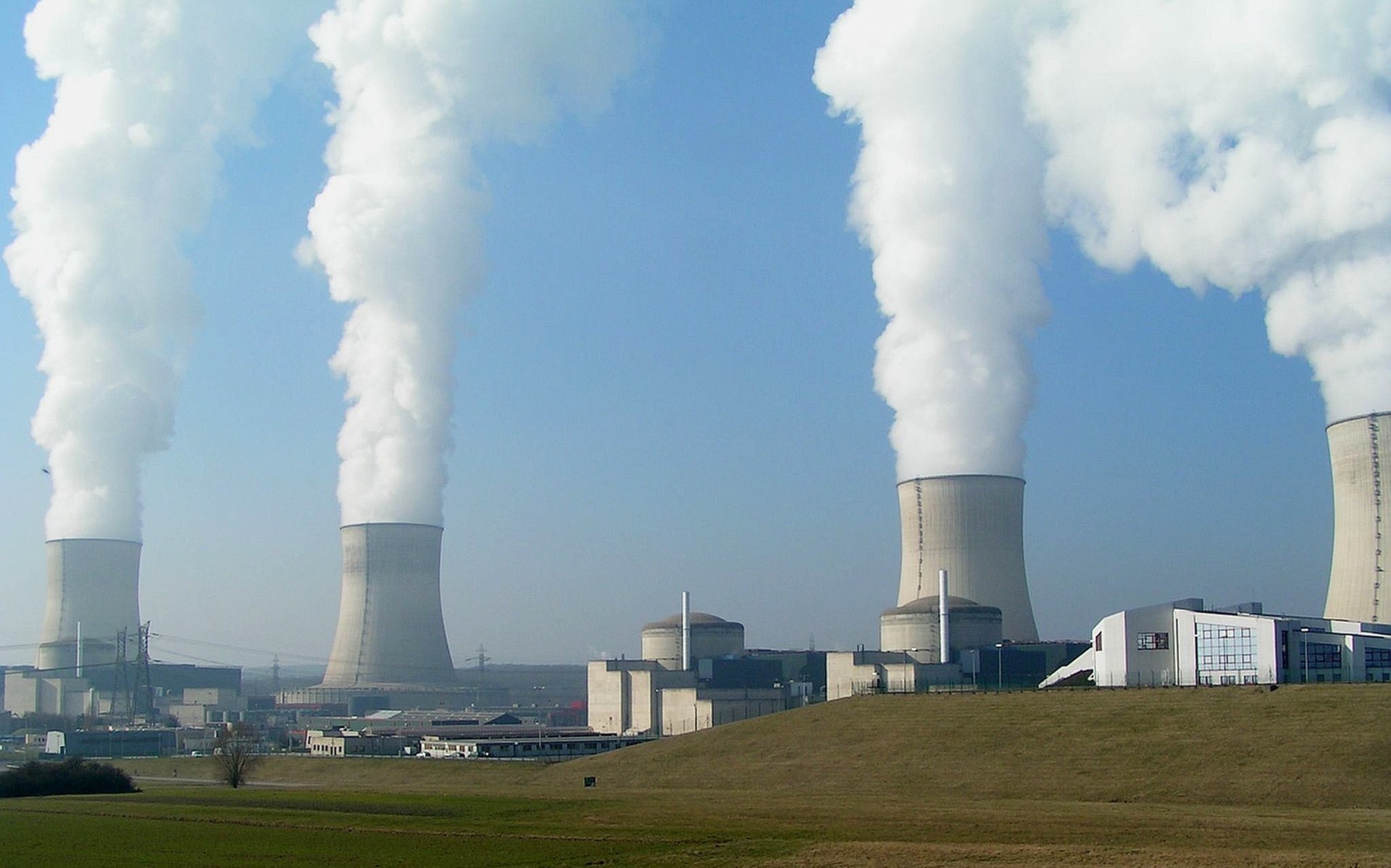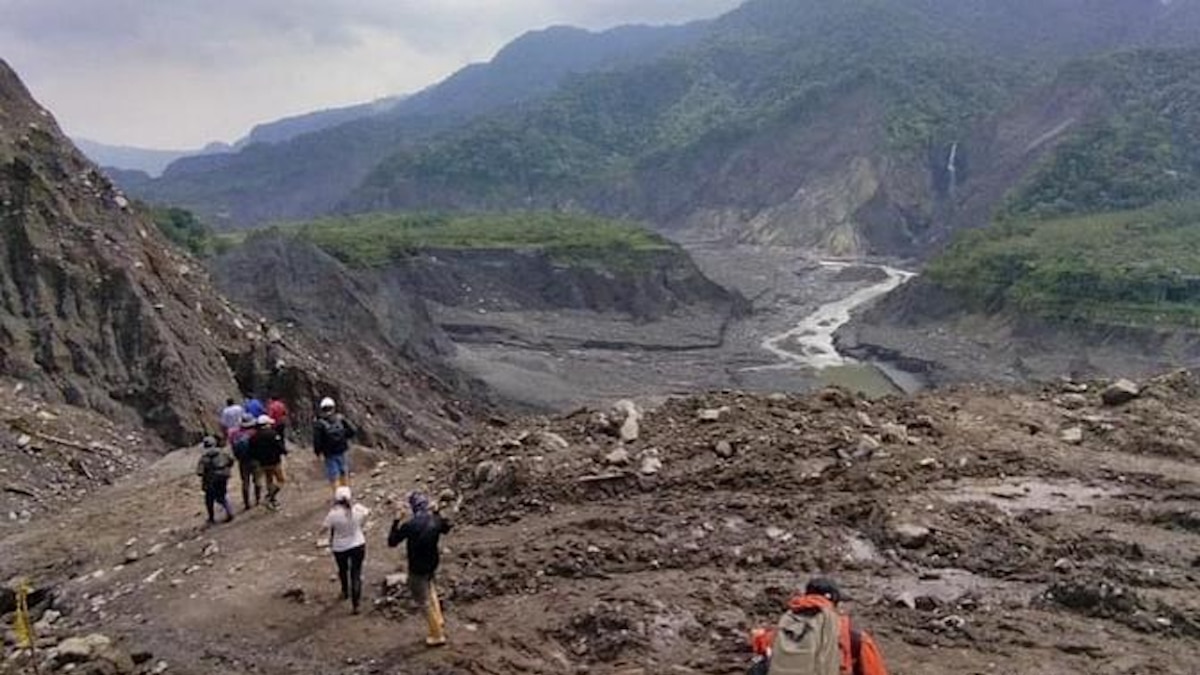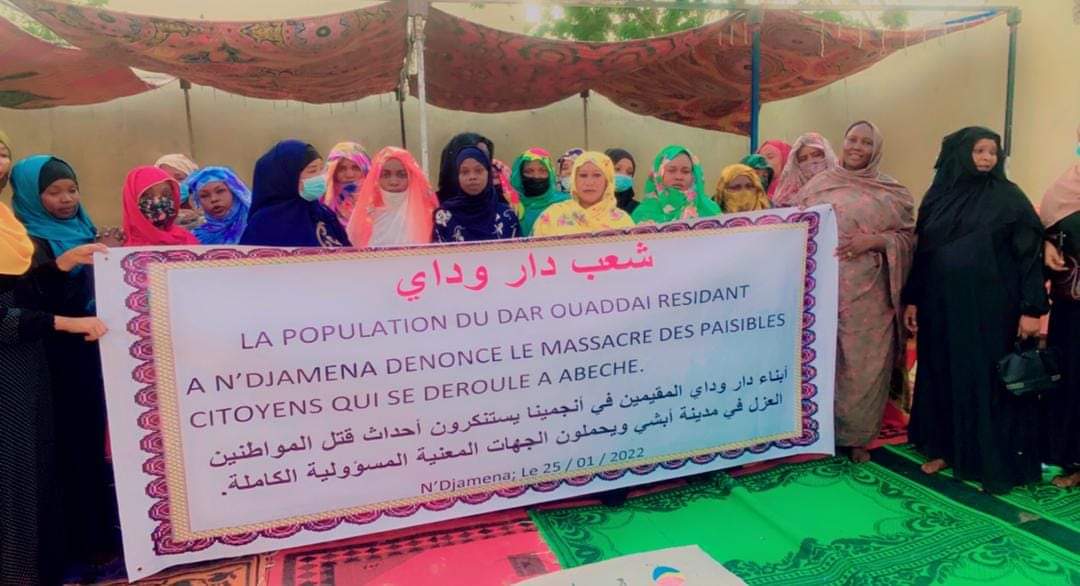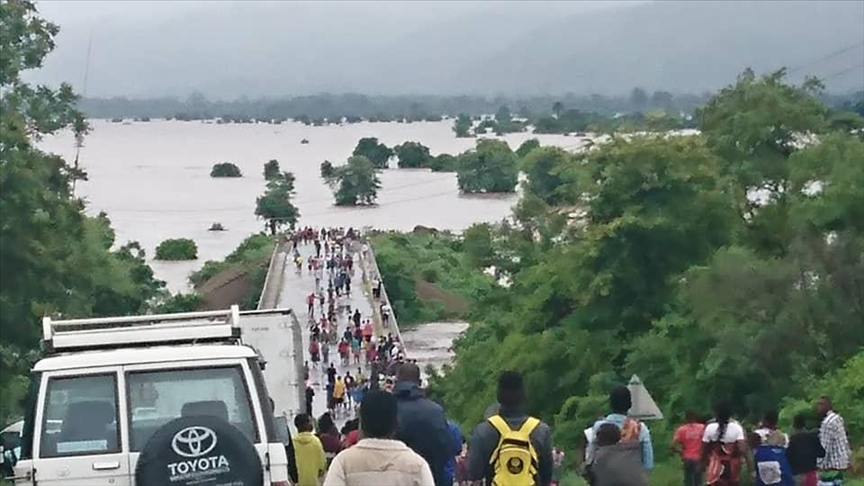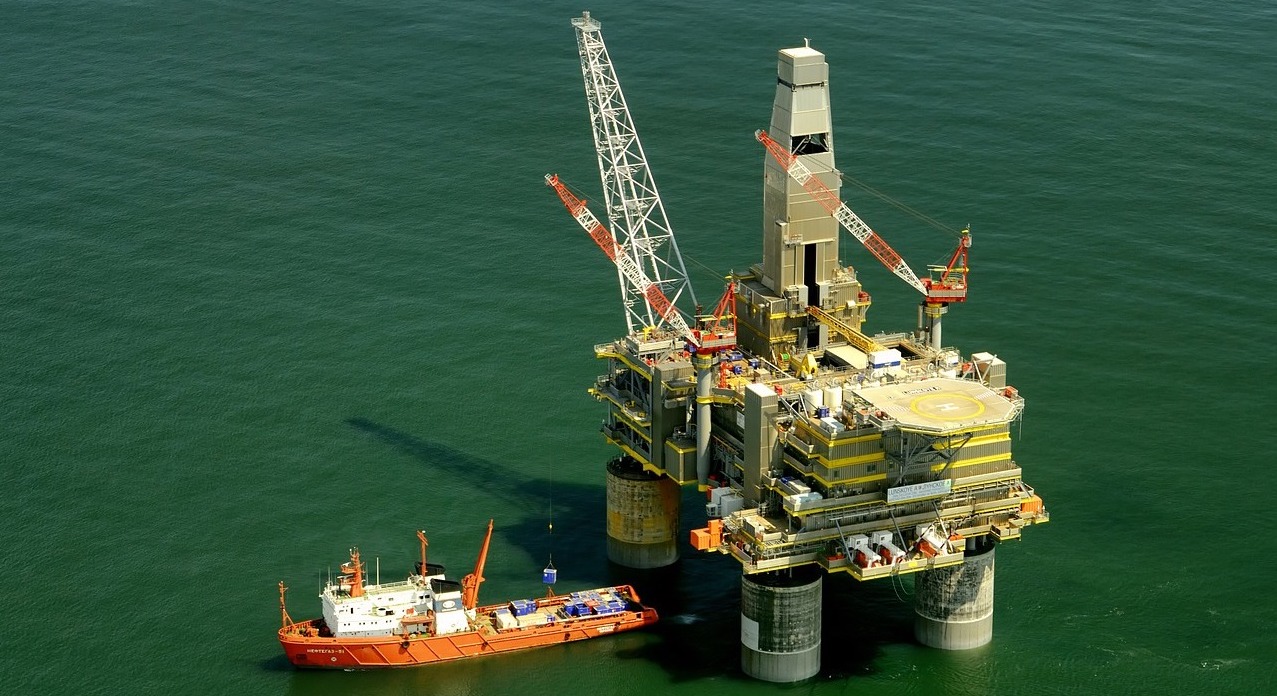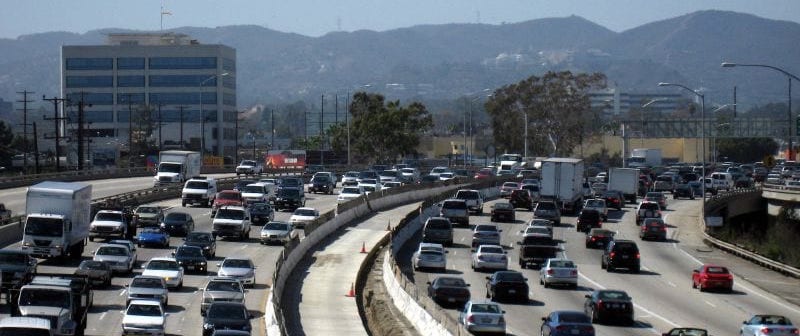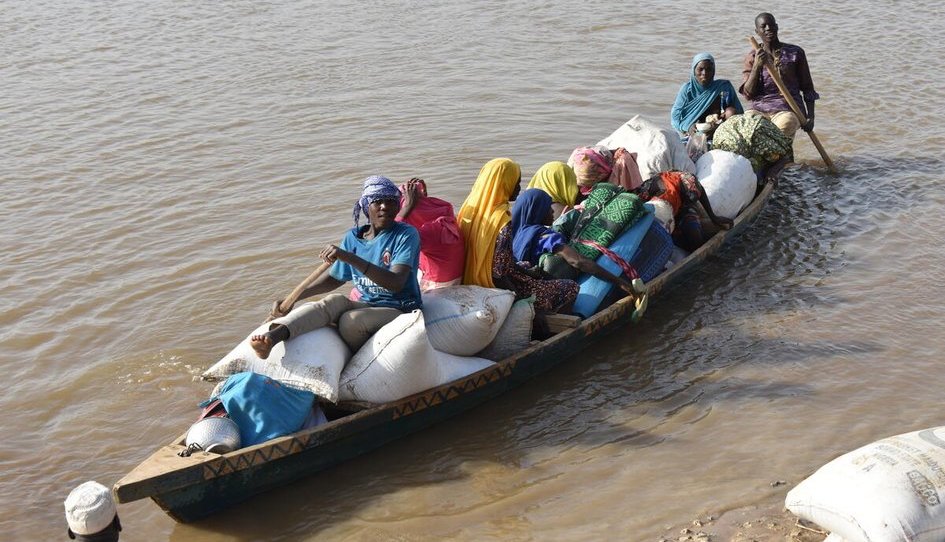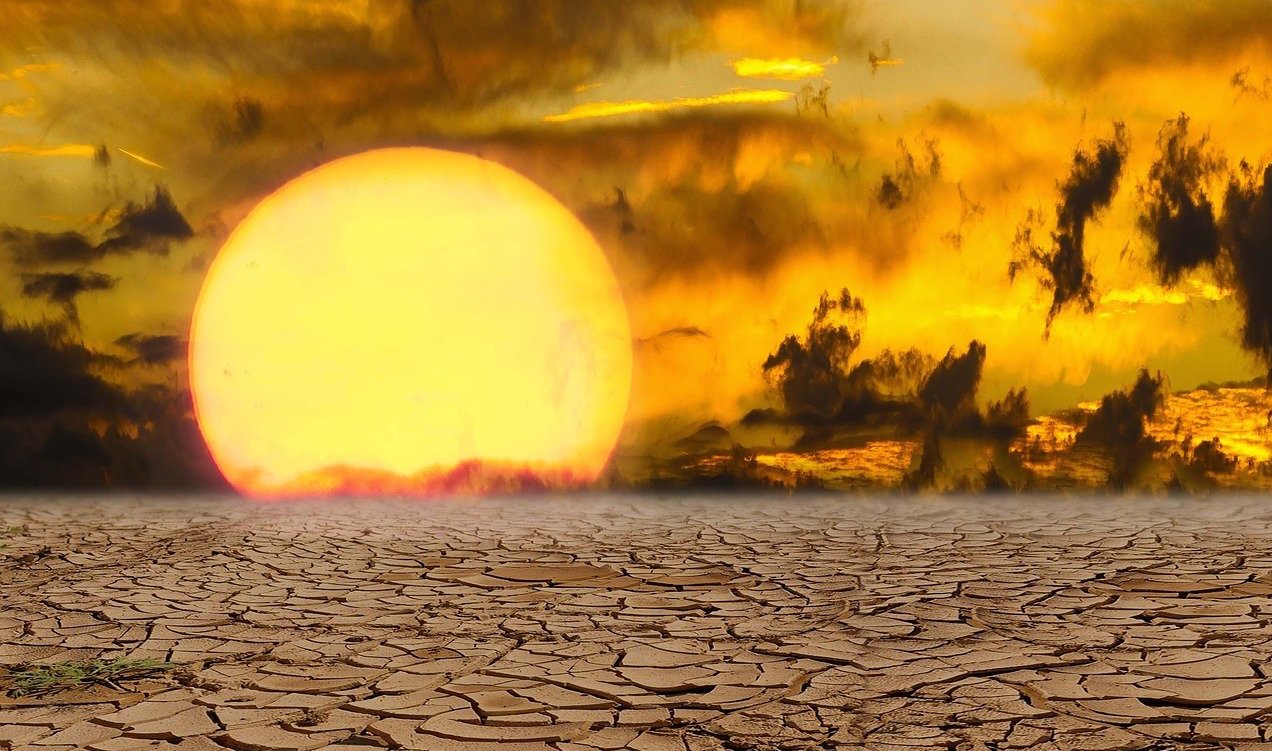
IPCC: ‘rapidly closing window’ for humanity
The threat that climate change poses to human well-being and the health of the planet is “unequivocal,” says the latest report from the United Nations Intergovernmental Panel on Climate Change (IPCC). The expansive review—which forms the second part of the IPCC’s sixth assessment report since 1990—warns that any further delay in global action to slow climate change and adapt to its impacts “will miss a brief and rapidly closing window of opportunity to secure a liveable and sustainable future for all.” (Image: blende12/Pixabay)



